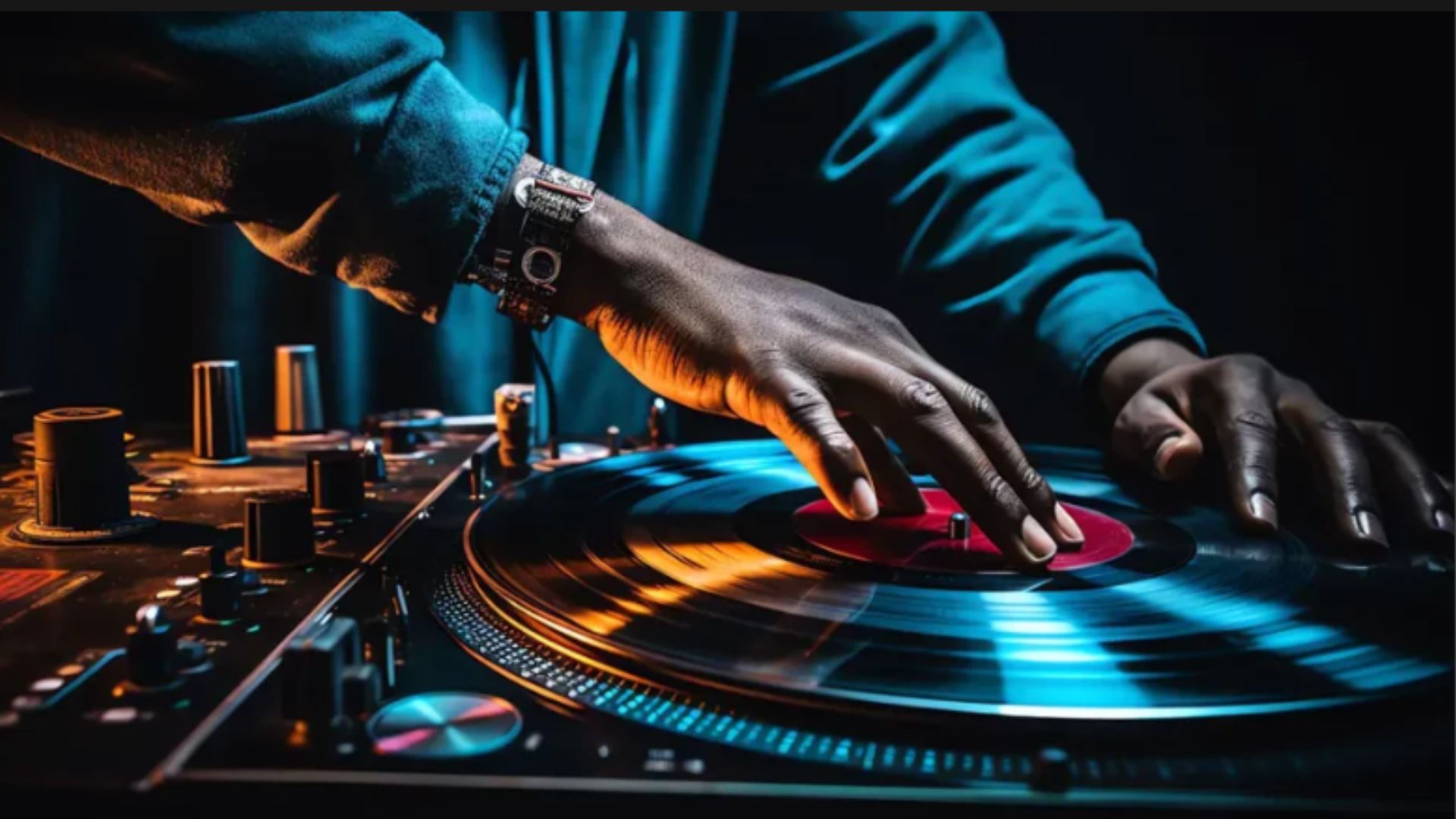Music as the Catalyst
Moreover, integral to the theory of clubbing is the transformative power of music. Genres like electronic dance music (EDM), techno, and house have become synonymous with the clubbing experience. The rhythmic patterns and pulsating bass-lines trigger a primal response, creating a shared sensory experience that binds individuals on the dance floor. DJs, often considered maestros of this sonic landscape, curate a musical journey that elevates the collective energy of the crowd.
Spatial Dynamics
Furthermore, club architecture is no incidental detail; it is an integral part of the clubbing experience. Designers and architects collaborate to create spaces that enhance the sensory journey. Dance-floor design, lighting arrangements, and acoustics contribute to the creation of an immersive environment, amplifying the music and fostering collective energy. The layout of the club becomes a crucial element in shaping the overall atmosphere.
Rituals and Traditions
In addition, clubbing harbours a unique set of rituals and traditions that contribute to its allure. From secret handshakes among regulars to specific dance moves associated with certain genres, these rituals form a subculture within the broader clubbing community. These practices create a sense of belonging and continuity, connecting clubgoers across time and space.
The Role of Technology
Technological advancements have revolutionized the clubbing experience. From the era of vinyl records to the digital age, DJs have harnessed technology to manipulate sounds and create seamless mixes. The emergence of virtual reality introduces new dimensions to the clubbing experience, allowing individuals to connect across geographical boundaries, potentially shaping the future of this cultural phenomenon.
Subcultures within Clubbing
Beyond the mainstream, clubbing hosts a myriad of subcultures, each catering to specific tastes and preferences. From underground techno parties to LGBTQ+ clubs, these niche scenes contribute to the diversity and inclusivity of the overall clubbing culture. Exploring these subcultures reveals the richness and variety within the broader clubbing community.
Challenges and Future Trends
Despite its enduring popularity, the theory of clubbing faces challenges, including legal restrictions, safety concerns, and societal perceptions. However, the spirit of clubbing endures, adapting to changing circumstances. Hence, as technology continues to evolve, virtual and augmented reality experiences may become more integrated into the future of clubbing. Therefore, challenging traditional norms and expanding the boundaries of this cultural phenomenon.
Conclusion
In conclusion, in the symphony of beats and lights, the theory of clubbing unfolds as a dynamic and ever-evolving cultural phenomenon. From its humble beginnings to the globalised megaclubs of today, clubbing remains a testament to the power of music and collective celebration. As we explore its depths, we discover that clubbing is not just an activity; it’s a rhythmic journey that transcends boundaries and unites souls on the dance floor.












